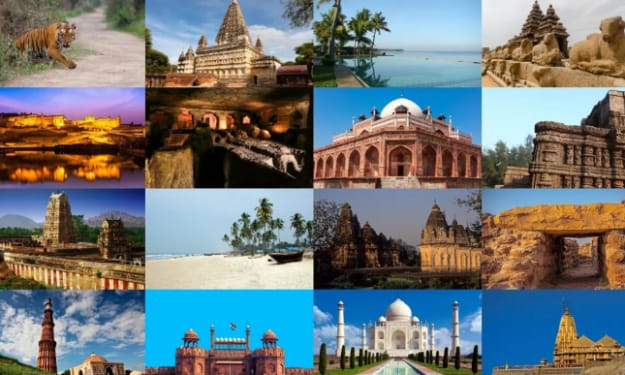Kashmir’s Floating Market
Surviving Against the Odds
Kashmir’s Floating Market
Every morning at sunrise, Kashmiri farmers gather at Srinagar's famous Floating Market on Dal Lake. Muhammad Sadiq Khan makes his way half a mile from his home to the other side of the water. However, compared to a decade ago, the number of sellers has dwindled from hundreds to just a few dozen. The families of most sellers have been trading here for generations.
The floating market has endured decades of conflict, political upheaval, and natural disasters. Today, the lake itself is endangered by sewage dumping and pollution, which are suffocating the waters that farmers depend on.
We visited Dal Lake in Indian-administered Kashmir to learn how this resilient floating market continues to survive. Roughly 60,000 people rely on the lake for their livelihoods, with many involved in tourism, fishing, and agriculture. The agriculture sector is particularly crucial for the lake.
On a cold winter morning, Muhammad gathers collard greens to sell. What makes them unique is their method of growth. Centuries ago, people began farming inside the lake, and over generations, farmers passed down their techniques. These floating gardens, known as "rad" in Kashmiri, consist of woven wetland plants with roots and soil brought up from the lake bottom. Farmers cultivate various produce, including collared leaves, turnips, carrots, and the highly sought-after Lotus root, locally known as "nadru," which is used in many Kashmiri dishes.
The floating market operates every day for two hours, even in the dead of winter. Farmers wear the iconic woolen overcoat called "pheran" to keep warm. They share traditional Kashmiri green tea, called "kahawa," infused with cinnamon, cardamom, and saffron, while they await shopkeepers from the city who come to buy their vegetables. This ritual has been ongoing for at least a century.
Floating markets like this one were once integral to life across Asia, dating back to the 14th century. However, most surviving markets are less than 200 years old, found in places like Vietnam, Thailand, and parts of India, where rivers, wetlands, and coastlines served as primary transportation routes. Trading on water was practical until infrastructure improved, and roads were built, prompting vendors to shift goods overland. By the mid-20th century, floating markets in Asia transformed into tourist attractions, much like the Lakes Market. Visitors filled the hundreds of houseboats lining the lake and enjoyed boat rides called "shikaras" to observe the floating market up close. Tourism became a thriving industry by the 1980s.
However, Kashmir lies on a political and religious fault line, which has made it challenging to attract visitors. India and Pakistan have been in conflict over the territory since gaining independence from British rule in 1947. Unrest flared up again in the 1990s, and fighting between separatists and Indian Security Forces drove away most tourists. Despite the ongoing conflict, local farmers continued growing and selling produce from their boats every morning for decades.
In 2014, devastating floods halted the market for the first time in its history, leaving Dal Lake virtually deserted. It took months for the farmers to recover, but the market gradually resumed. However, as Srinagar's population grew, so did its environmental problems. In the 1980s, locals started complaining about sewage dumped from hundreds of houseboats, which studies identified as one of the lake's major sources of pollution. Additionally, the government admitted that over 44 million liters of sewage from the city were being discharged into the lake daily, equivalent to more than 17 Olympic-sized swimming pools.
In response, the government implemented measures such as connecting all houseboats to sewage plants, banning plastic on the lake shore, and deploying mechanical dredgers.
The End
About the Creator
Mugilan Segar
Just Beginner…







Comments
There are no comments for this story
Be the first to respond and start the conversation.